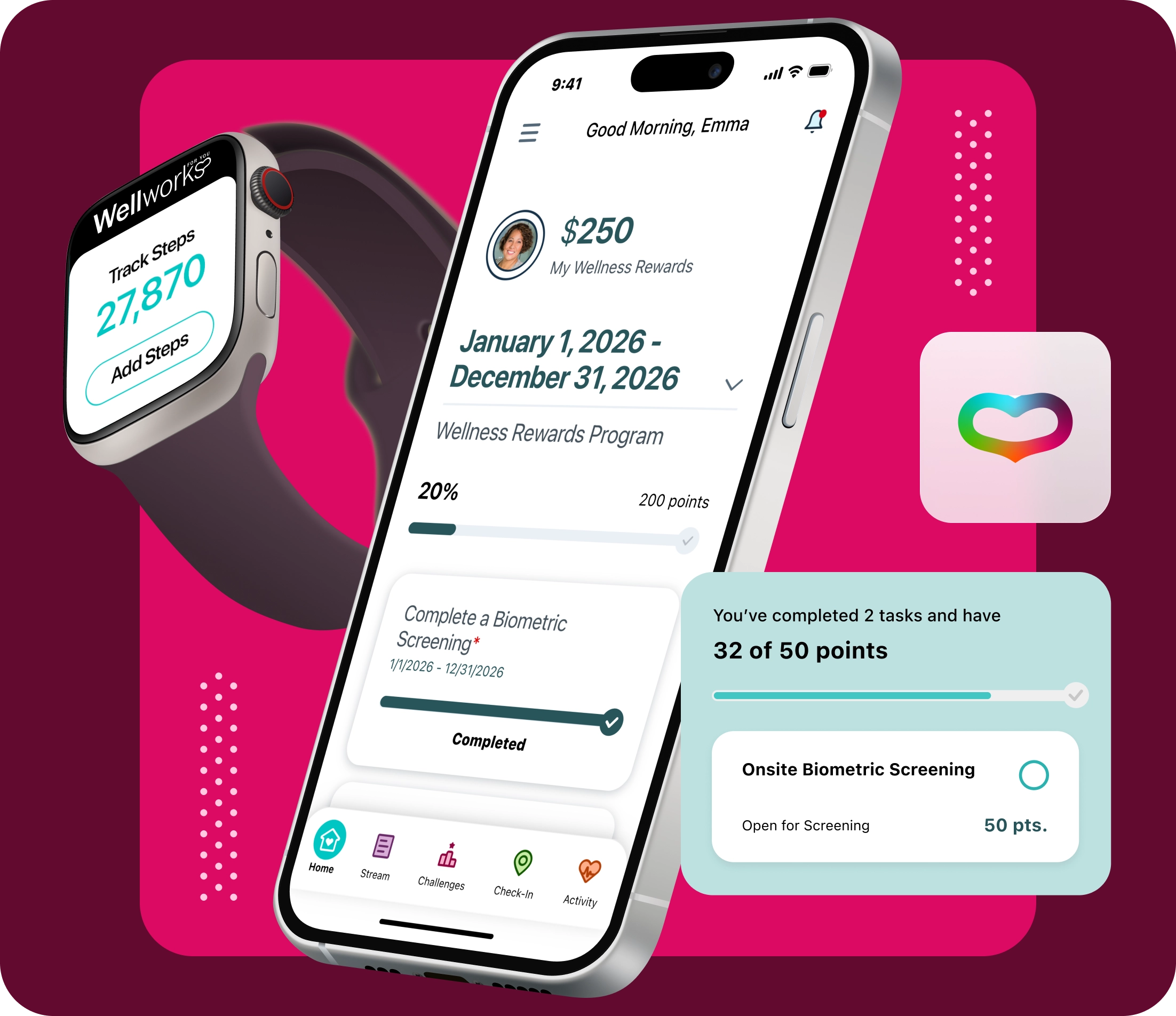
Decoding Gut Health: Probiotics, Prebiotics, and Tips for a Healthier You in 2024*
If you are online in 2024, you have probably heard of the discourse that is “gut health.” Bloggers, TikTok users, and experts have shared their experiences, routines, and anecdotes on achieving “better gut health.” But what is gut health, and what plays into it?
What is Your Gut?
“Gut health” is a term touted regularly but often without explanation. Simply put, your gut is your gastrointestinal system, including your stomach, intestines, and colon. Your gut hosts trillions of bacteria, forming a complex ecosystem that profoundly influences your overall health and wellbeing.
Why is Gut Health Important?
Having a healthy gut doesn’t mean less bloating and discomfort after eating (although this can be a perk!). Gut health is crucial to the strength of your immune system, lowering your risk of autoimmune diseases, endocrine disorders, and cardiovascular disease. Furthermore, emerging studies have shown a direct and strong link between gut health and mental health, meaning that a healthy gut can lead to lessened feelings of anxiety and depression.
So, what is the difference between probiotics and prebiotics?
Despite their phonetic resemblance, these entities fulfill distinct roles in safeguarding and optimizing our digestive health.
Probiotics: The “Friendly” Bacteria
Probiotics, the "friendly" bacteria, are living microorganisms that defend your microbiome. They aim to strengthen your gut health, aid your immune function, and assist your body in absorbing vital nutrients. Probiotics can be found in supplements your doctor may recommend. However, you can also find them naturally occurring in certain foods, including, but not limited to:
• Yogurt
• Sauerkraut
• Kombucha
• Miso
• Kefir
• Tempeh
Probiotics restore equilibrium within your gut microbiota, particularly after disruptive forces like illness, stress, or antibiotics.
What Are Prebiotics?
Prebiotics serve as the food source for the microbiome that the probiotics seek to defend. Prebiotics, distinguished as non-digestible fibers, serve as the lifeblood of probiotics. There are three main types of prebiotics, which you can read more about here. However, a brief overview of some of these high-fiber foods includes:
• Bananas
• Onions
• Garlic
• Leeks
• Asparagus
• Whole grains
Prebiotics foster an environment conducive to probiotic production, amplifying the functionality of these beneficial bacteria and fostering the resilience of our digestive ecosystem.
Boosting Your Gut Health
While many online experts say that “healing your gut” can be done at home, if you are experiencing ongoing difficulties, pain, or discomfort, you should seek the opinion of a trained medical professional. Gastroenterologists specialize in the health of the gastrointestinal tract, or “the gut.” They can help patients identify the source of their discomfort and create a personalized plan to get back on track.
If you are not experiencing pain or discomfort and just want to give your gastrointestinal system a little extra TLC, starting with probiotic and prebiotic foods is excellent.
Additionally, paying attention to your eating habits and incorporating mindful eating practices can further support gut health. Eating slowly, chewing food thoroughly, and avoiding overeating can reduce digestive discomfort and promote better nutrient absorption. Moreover, being mindful of food intolerances and sensitivities can help you identify potential triggers for digestive issues and make informed dietary choices.
Finally, staying hydrated is essential for maintaining a healthy gut. Adequate water intake supports digestion, helps transport nutrients, and keeps the mucosal lining of the intestines healthy.
Achieving and maintaining optimal gut health requires a multifaceted approach that includes a balanced diet, lifestyle modifications, and mindful daily choices. By prioritizing gut health, you can support your digestive system and overall wellbeing and vitality.
Where Did You Hear That?
As always, it is essential to consider where you get your information, especially health information. If you have a wellness program with Wellworks For You, the Learning Center is an excellent way to seek reputable information from industry leaders.
Prioritize websites that end in .org, .edu, or go straight to the source by speaking with your doctor about questions you may have regarding your daily routines and practices.
Ready to Get Started?
To learn more about what Wellworks for You can offer, please fill out this form and one of our trusty team members will be in contact with you shortly. We can’t wait to meet you!




